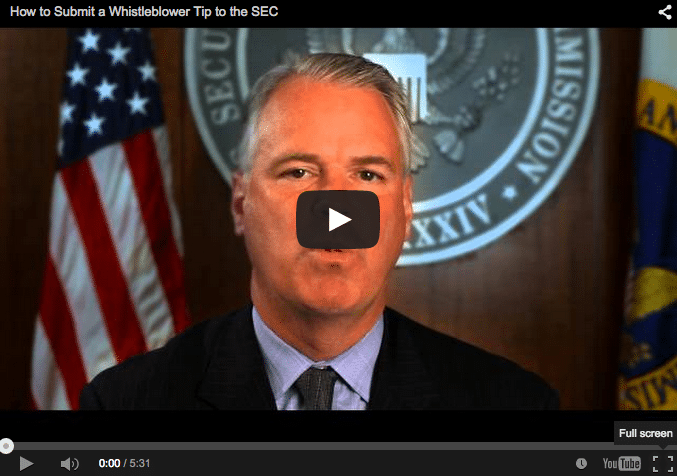In late April, the United States Department of Justice and the Milton S. Eisenhower Foundation settled a case out of court where the Justice Department claimed that the Foundation was misusing funds in violation of the federal False Claims Act. Without admitting liability, the Foundation and its principal, Dr. Alan Curtis, agreed to settle for more than $150,000 in response to claims that the Foundation and Dr. Curtis were using federal grant money to rent office space in Dr. Curtis’s home, pay a lobbyist, pay for projects outside of those approved in the grant’s budget, and pay sub-grants to organizations held by the Foundation’s trustees, among others.
When an organization receives federal funding in the form of a grant, they are most often given guidelines that they are required to follow regarding the use of that money. The Eisenhower Foundation was approved to use their grant money for certain projects, but then allegedly used it for unapproved projects and things expressly forbidden by federal law. For one, grant recipients are not allowed to use funds to lobby Congress. Grant recipients are also not allowed to use the money for projects that are potentially a conflict of interest without permission, such as giving grant money to groups owned by trustees of the grant recipient. Using grant money outside of its stated purpose may be committing fraud.
The law they were accused under is called the False Claims Act, which is used to prosecute companies, individuals or organizations that defraud the government through acts like the ones described above or, for example, through selling the government faulty equipment, or through any other act that misuses federal government money. Most often these companies are brought to justice by someone who notices the wrongdoing and says something about it. These people are protected under the FCA and most often called “whistleblowers,” but the formal legal term is “relators.” These are people inside or outside the company in question who believe government money may be misused in some way, and speak to a lawyer about what they know. Whistleblowers can be rewarded with up to 30% of any recovery made by the government.
Mastando & Artrip handle whistleblower cases like the one described above. If you or someone you know is in the position described and needs legal help, give us a call.



